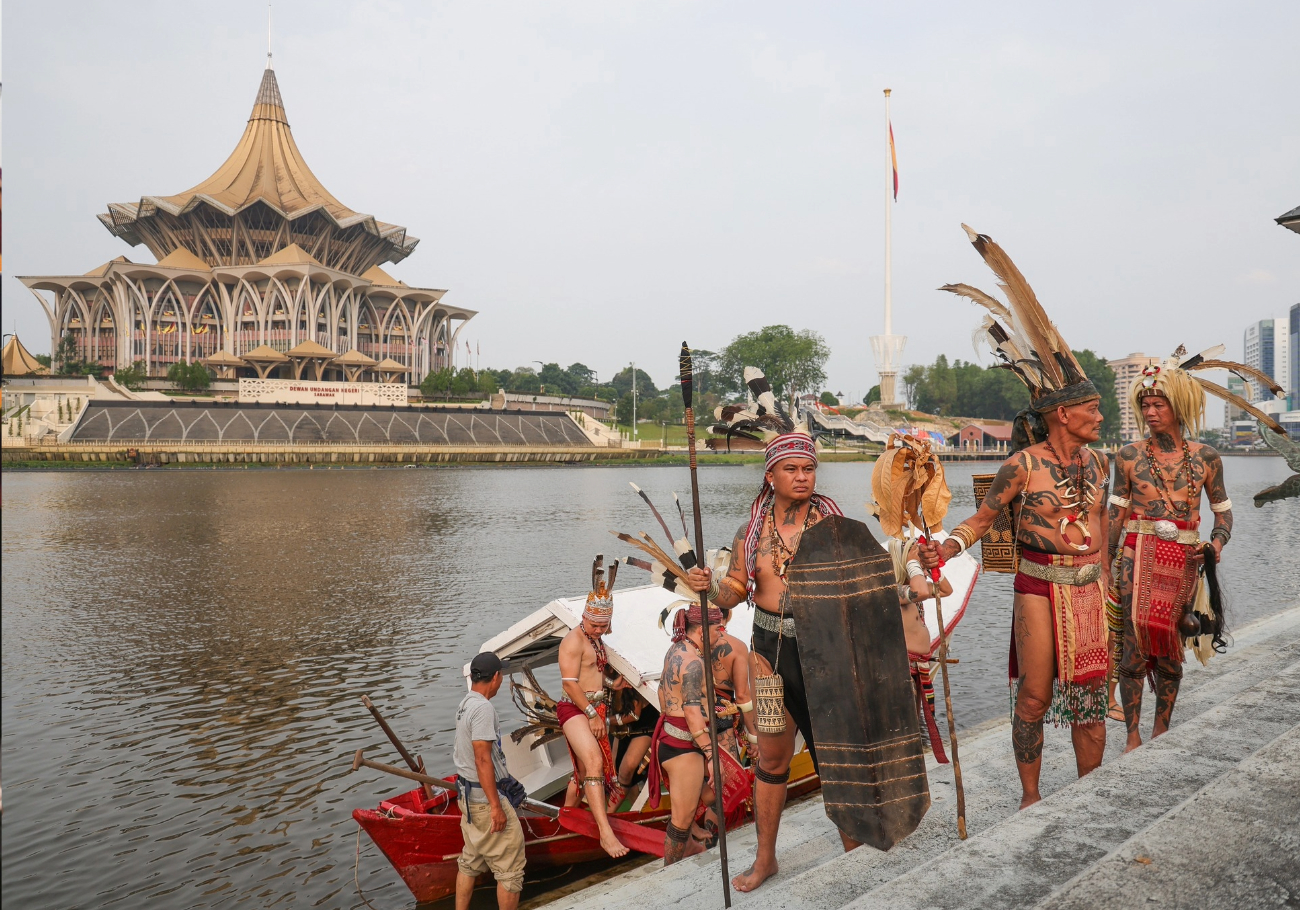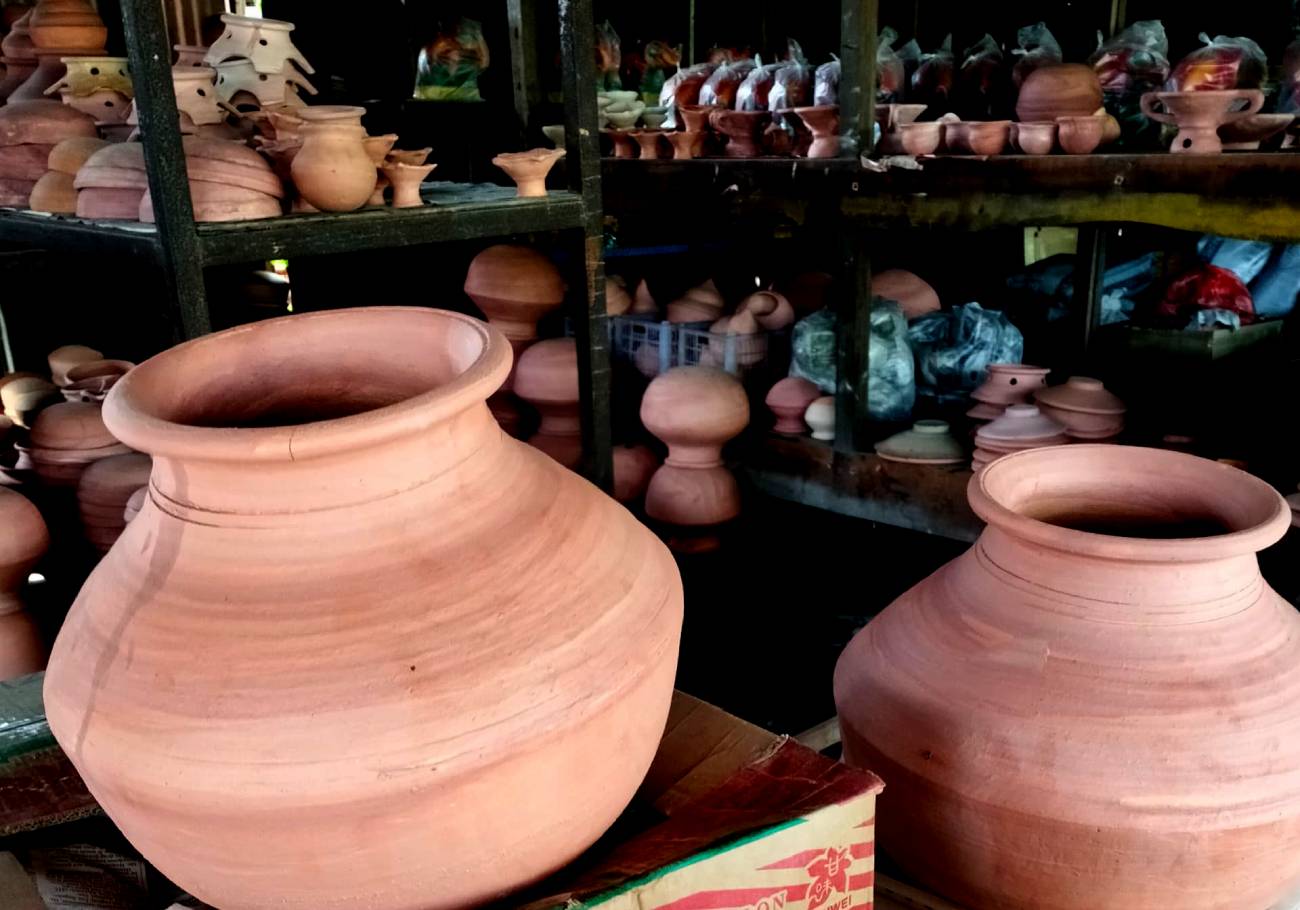On 4 April 2011, the Singapore Court of Appeal unanimously dismissed Yong’s appeal for a judicial review on the President’s powers in deciding clemency petitions, and of the Law Minister, K Shanmugam’s comments made in May 2010.
Chief Justice, Chan Sek Keong and Judges of Appeal, V K Rajah and Andrew Phang upheld High Court Judge Steven Chong’s ruling that the President does not have the power to decide on clemency petitions.
“The President may only exercise the clemency power in favour of an offender in circumstances where the Cabinet has advised him to do so,” said Judge Andrew Phang in his summary judgement.
Shanmugam had been reported by TODAY newspaper as saying that if Yong were to escape the death penalty, it would be a signal to drug barons that young and vulnerable drug mules would be spared, and could thus be used as drug mules.
In his summary judgement, CJ Chan agreed with Justice Chong that the comments “did not constitute apparent bias (amounting to predetermination) with respect to the Appellant’s intended clemency petition.”
Yong now has three months to submit his petition clemency.
Yong was arrested in June 2007 with 47.27 grams of diamorphine, or heroin. In Singapore, any amount above 15 grams carries the mandatory death penalty under the Misuse of Drugs Act.
Yong was 19 at the time of arrest. He has been on death row since 2008 and celebrated his twenty-third birthday in January.
The ‘Save Yong Vui Kong!’ Campaign in Malaysia
Yong’s case has garnered a large amount of support in Malaysia, especially in his hometown of Sandakan in Sabah. A petition submitted to the Istana in Singapore in August 2010 had gathered 109,346 signatures, majority of which were collected in Malaysia.
Supporters of the campaign to save Yong’s life have not been limited to civil society and the general public. 31 Malaysian Members of Parliament (MPs) and 11 senators have also pledged their support, while Foreign Minister Datuk Seri Anifah Amah promised that the government would appeal for clemency on Yong’s behalf.
At the height of the campaign, Yong’s case sparked off plenty of debate and discussion on the death penalty in Malaysia. The Malaysian Law Minister, Nazri Abdul Aziz,(right) has also been reported as saying that “[i]t is time for Malaysia to abolish the death penalty.”
However, with the campaign losing steam as Yong waited for the verdict, the death penalty debate has also taken a back seat.
A Singaporean on Malaysia’s death row – Noor Atiqah M. Lasim
While Yong approaches his third year on death row, a young Singaporean single mother begins her first.

Noor Atiqah had been looking into starting a fashion business with her Nigerian boyfriend Valentine, and had been on her way to Shenzhen to pick up some samples. A Ghanaian named Emeka had given the blue luggage to her. He told that it was for her to store the samples in.
She claims that she did not know that there were drugs hidden in the bag.
In Singapore, friends and family of Noor Atiqah are now rallying together in a campaign to raise funds for a second legal opinion, as well as to raise awareness of her case.
Singapore’s defense of the mandatory death penalty
As estimated by Amnesty International in 2004, Singapore has the highest execution rate in the world. Statistics are hard to come by, as details are not released to the public.
The Singapore government has long defended the use of the mandatory death penalty for drug trafficking. In May 2010, Singapore’s Law Minister and then- Second Home Affairs Minister K Shanmugam said that it is a “trade-off” that has been made to protect “thousands of lives”.
Such a stance would likely affect the way the Singapore government handles Noor Atiqah’s case. For instance, if Singapore intervenes on her behalf, it would seem hypocritical to continue to justify Yong’s death sentence as a “trade-off”.
Singapore would thus have to reconsider Yong’s case, perhaps even the death penalty as a whole.
In this light, it seems unlikely that the Singapore government would be willing to lend any support to their citizen.
Will Malaysia abolish the mandatory death penalty first?
This latest dismissal of Yong’s appeal, together with human rights lawyers taking up Noor Atiqah’s case in Kuala Lumpur, could bring the death penalty debate in Malaysia front and center once more.
Unlike Singapore, whose Law Minister vigorously defends the use of the mandatory death penalty, Malaysia has a Law Minister who has called for the abolishment of the death penalty altogether.
The abolishment of the mandatory death penalty in Malaysia would also leave Singapore as the only country in Southeast Asia with the mandatory death penalty for drug trafficking. This, surely, cannot be a palatable situation for a government that is eager to promote Singapore as a First World nation.
Both Yong and Noor Atiqah’s case have the potential to change the legislative policies of Malaysia and Singapore with regards to drug trafficking. They could become landmark cases that will have an impact on every other case to follow.
For themselves, as well as their loved ones, the mandatory death penalty is more than just an unpopular issue or an unjust law. It is their very lives hanging in the balance.













